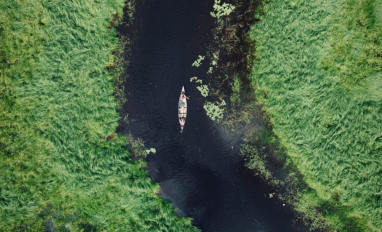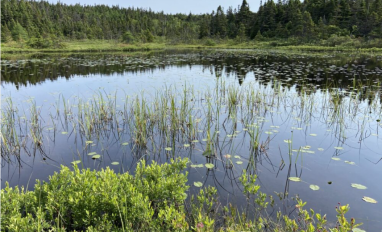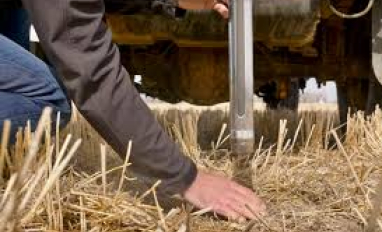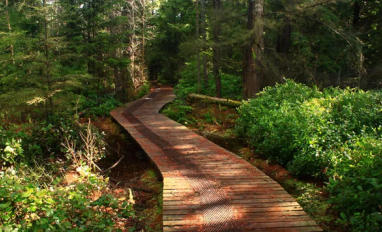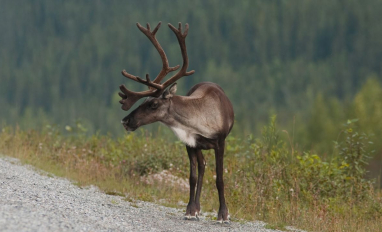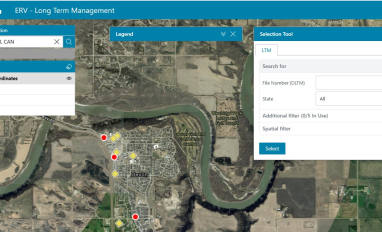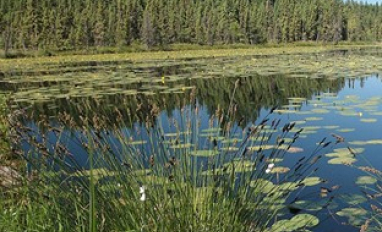News
Study shows draining prairie wetlands is increasing Canada’s carbon footprint
Alberta Remediation Practitioner Survey
Delta Nature Reserve to be closed for a year during boardwalk replacement
First Detection of Meningeal Worm in Alberta Boreal Caribou
Alberta Environment and Protected Areas Announces Release of Environmental Records Viewer
Alberta lays out new wetlands rules after months of ‘divisive’ consultation
Meningeal worm confirmed in Alberta for first time
Akaitcho First Nations call for pause on caribou hunting
Akaitcho First Nations say they want to temporarily ban winter road hunting of caribou within an agreed boundary.
Read more here: Akaitcho First Nations call for pause on caribou hunting
Tłı̨chǫ Government proposes pausing winter caribou hunts to allow herds to recover
Movement between herds and calf survival rate affect population totals, says biologist.
Read more here: Tłı̨chǫ Government proposes pausing winter caribou hunts to allow herds to recover | CBC News


